Somewhere
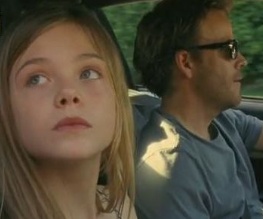
Sofia Coppola seems to define artistic film-making as “painfully lingering shots of people doing boring things”. If you agree with her on that, good news: Somewhere might just your new favourite film. From the opening scene where we watch the main character Johnny drive round a track four times in a Ferrari (note: symbolism), it’s seems evident that “entertainment” is not high up on Coppola’s list of priorities. Which is fine, you know; art and all that. But without any real plot, central scenarios essentially copied from her previous work and and ever-present whiff of self-importance, you can’t help but feel like you’re watching The Emperor’s New Film.
So what is it all about? The central character Johnny Marco is an LA actor who has it all; fame, fortune and endless beautiful women at his disposal, yet can’t shake an uncomfortable feeling that his life is somehow going to waste. Increasingly numbed by the endless titillation, uninspired by his career and bogged down by the women he’s pissed off over the years, Johnny seems to spend his days drifting through his schedule, trying not to think to hard about anything he does. This changes, however, when his eleven year old daughter Cleo is dumped in his lap after his ex-wife decides to “go away” for a while. As Cleo and her dad spend more and more time together Johnny is forced to see the life he’s living through the eyes of his innocent daughter, and it could be that he’s less than happy with what he finds.

To give credit to Coppola, Somewhere effortlessly avoids the Hollywood cliches we’ve come to expect when dealing with films about “daddy-daughter” relationships, and doesn’t slide easily into the mould of typical family drama. Of course, that’s possibly because very little happens. There’s certainly no explosive family row where “it all comes out”, no “race to the airport” type dénouemont, and no massive emotional payoff – Coppola is too interested in reality for that. Instead, what we witness is a sleek minimalist drama that dedicates itself to showing the truthful way in which we deal with disappointment – in ourselves and in others. Cleo, brilliantly played by the young actress Elle Fanning, simply stays silent throughout her father’s faux pas, leaving him and us to wonder if she, like everyone else in his life, simply indulges him to make life easier.
However, though a few moments are nicely captured and the father-daughter relationship believable and poignant, Coppola’s lack of pace, humour and plot makes you feel as though you are dealing with the ghost of a story, rather than the story itself. In the end, though our interest is captured by the premise, its just not a meaty enough exploration to leave us satisfied.

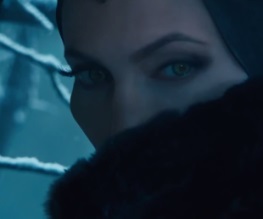
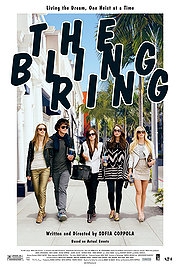
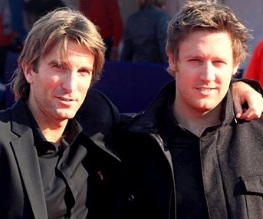
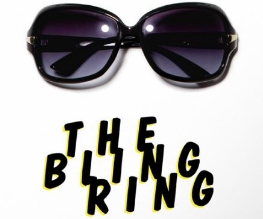
Recent Comments